How to Clean Brass
Whip up a homemade brass cleaner with products that are probably already in your pantry.
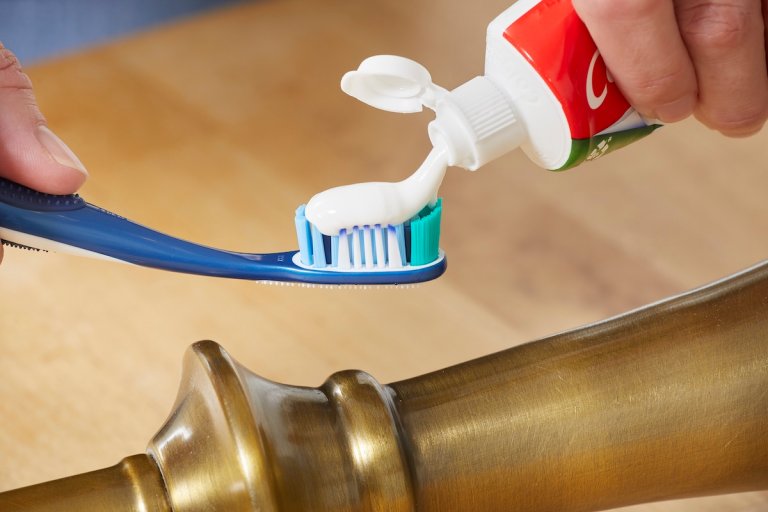
Whip up a homemade brass cleaner with products that are probably already in your pantry.
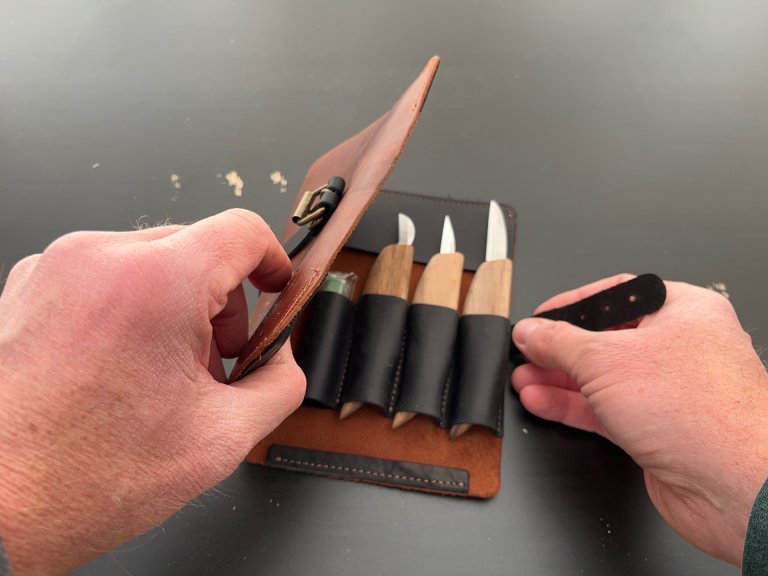
Dull blades and uncomfortable grips can quickly ruin a whittling project. Our favorite wood carving set eliminates these issues with razor-sharp blades, smooth handling, and three types of knives for precise carving.
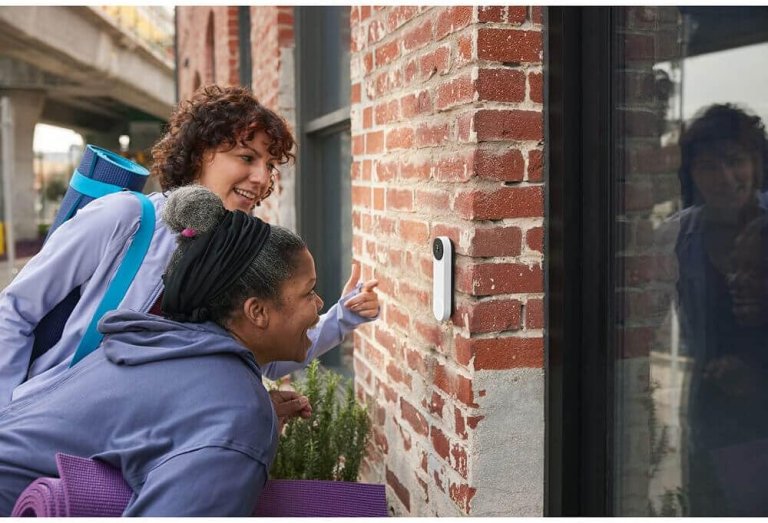
With countless doorbells on the market, choosing the right one isn’t easy, so we put several popular models to the test. The Google Nest Doorbell excelled across the board, earning our top spot.
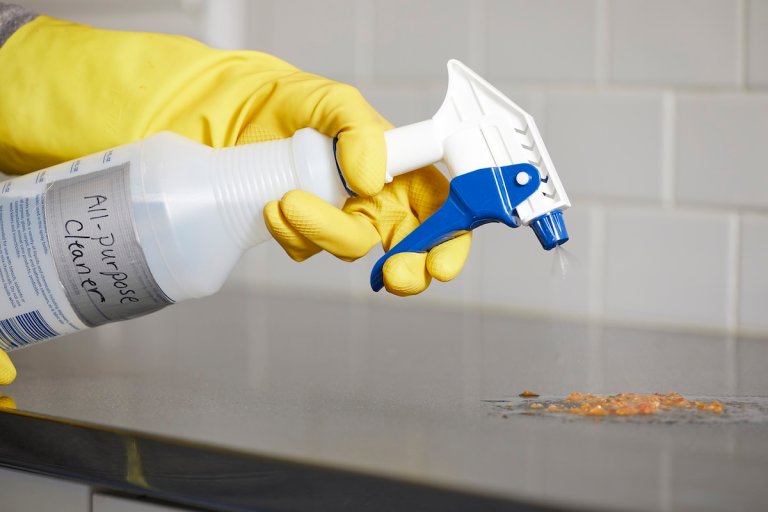
Making your own natural, all-purpose cleaner takes just a few minutes and costs a few cents per batch. It's safe for kids and pets too!
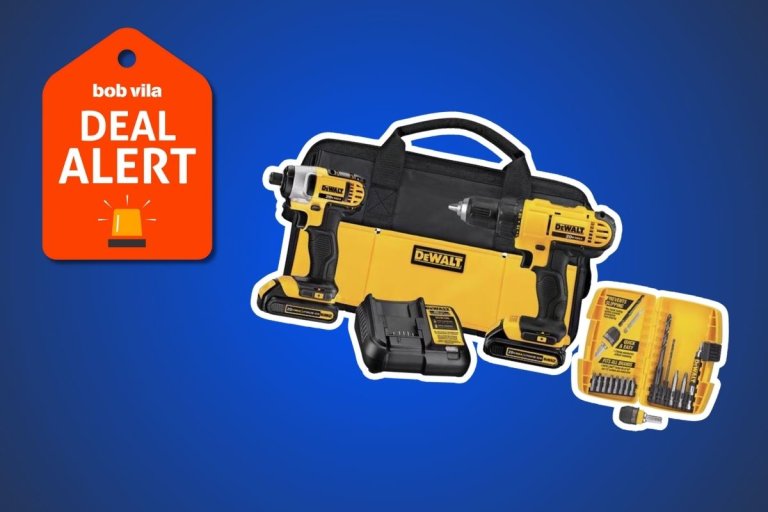
Ace Hardware is offering a rare $70 discount on one of DeWalt’s most popular drill/driver combo kits. It's a smart grab for upgrading your tool lineup at the start of the year.
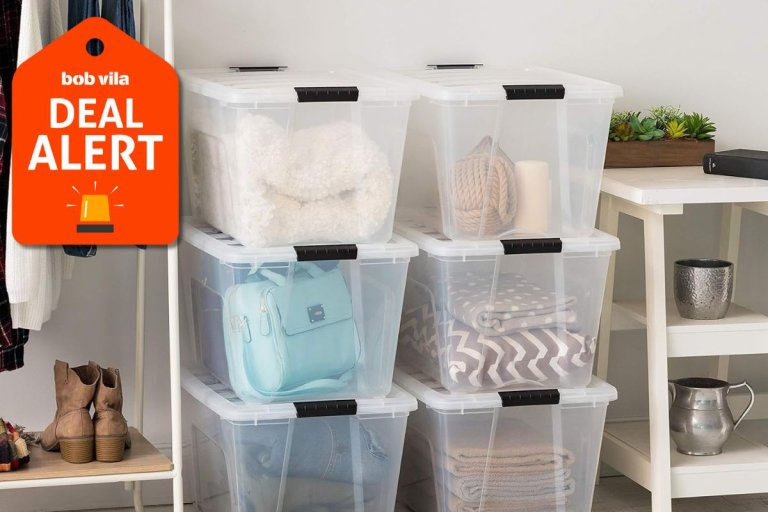
Start 2026 with less clutter and more focus. Shop smart storage and tool-organization deals that make it easy to tidy the garage, tame the pantry, and set up a proper home workshop — starting at under $10.
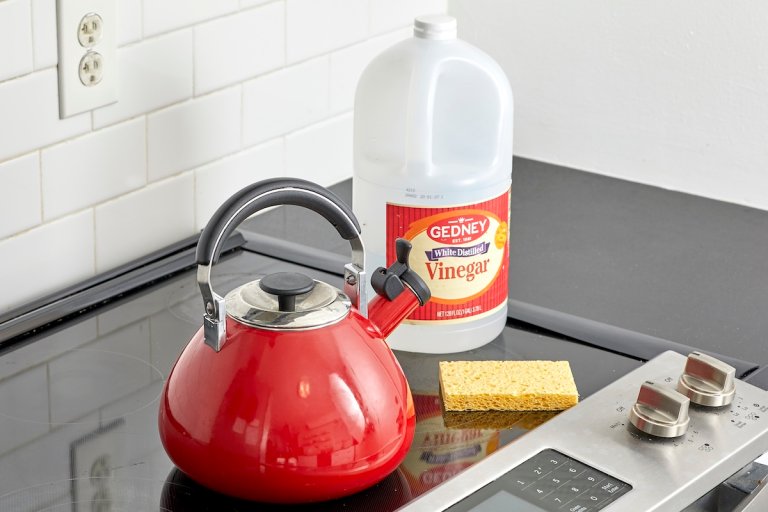
Limestone deposits in your kettle can turn the taste of your tea. The good news is, getting the kettle clean is simple business.
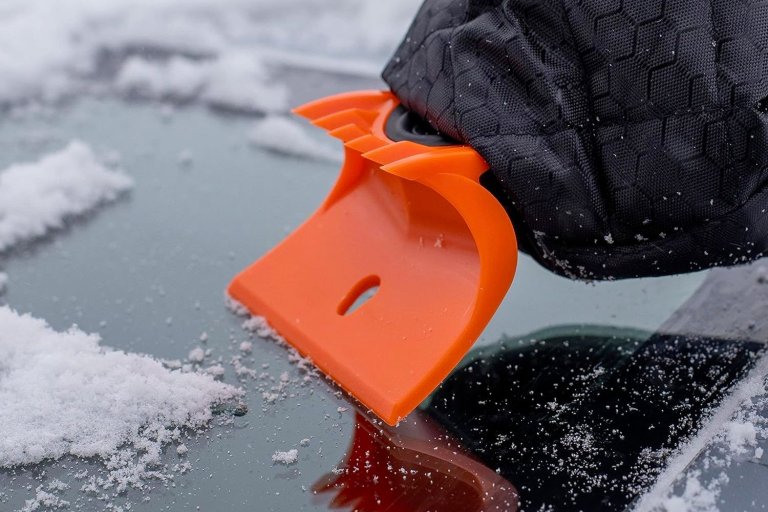
Clear your vehicle’s windshield of light frost or thick ice during the cold winter months with one of these top ice scrapers.
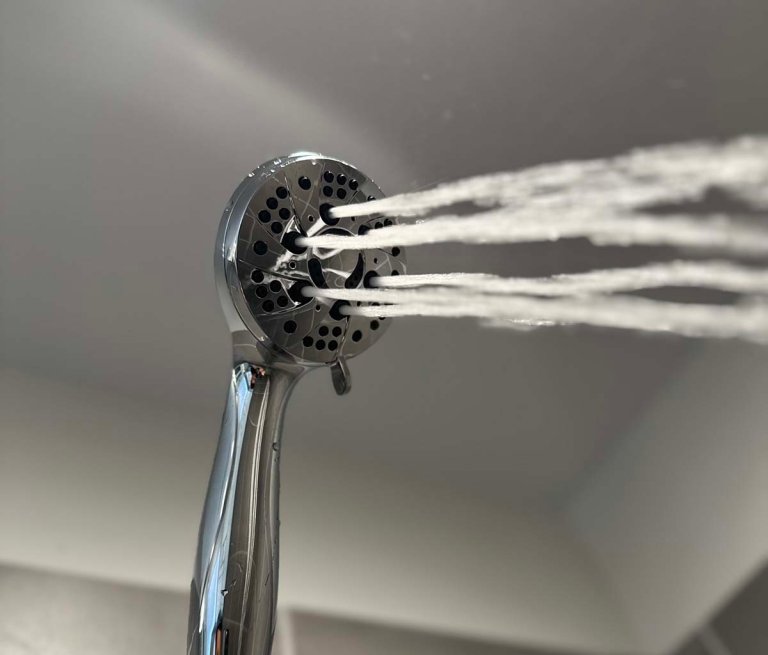
See which shower heads are worth installing based on water pressure, spray patterns, and design.
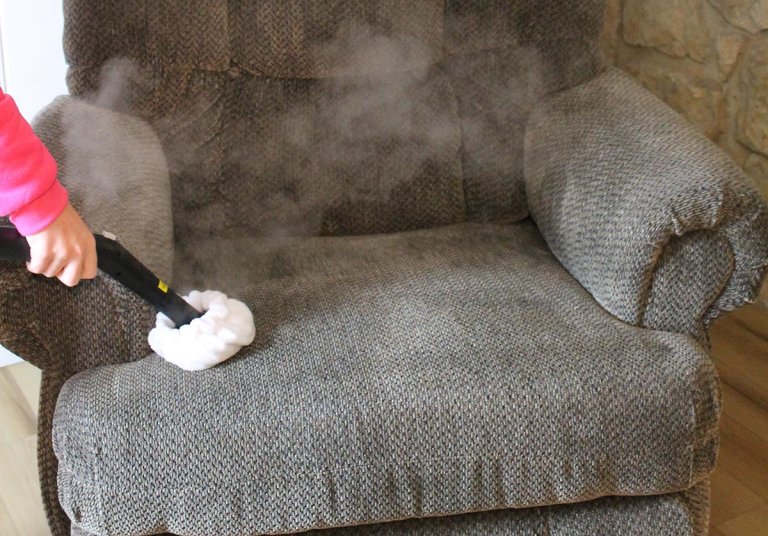
A handheld steam cleaner will remove stains, ground-in dirt, and grime. Here are some top steamers we tested for giving your home a deep clean.
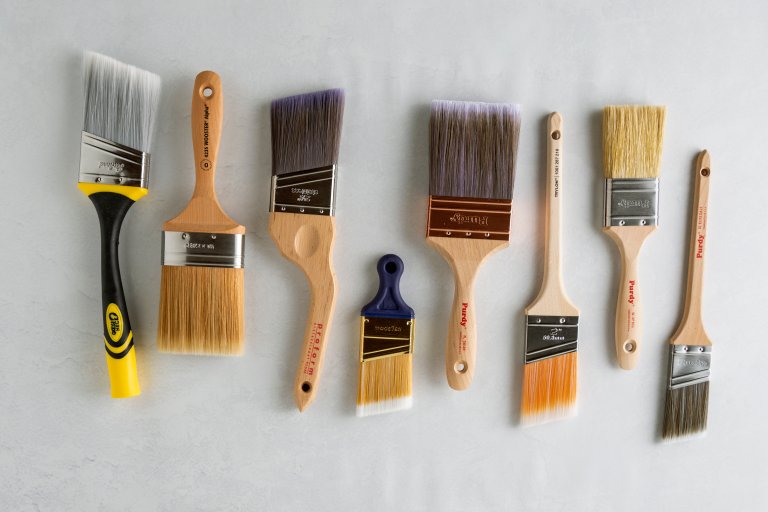
We evaluated eight brushes for coverage, control, and comfort to help you pick the perfect tool for any surface.

Snow in the forecast? These tested tools are our favorites for clearing paths and driveways—and they'll deliver or be ready for pickup within the week.
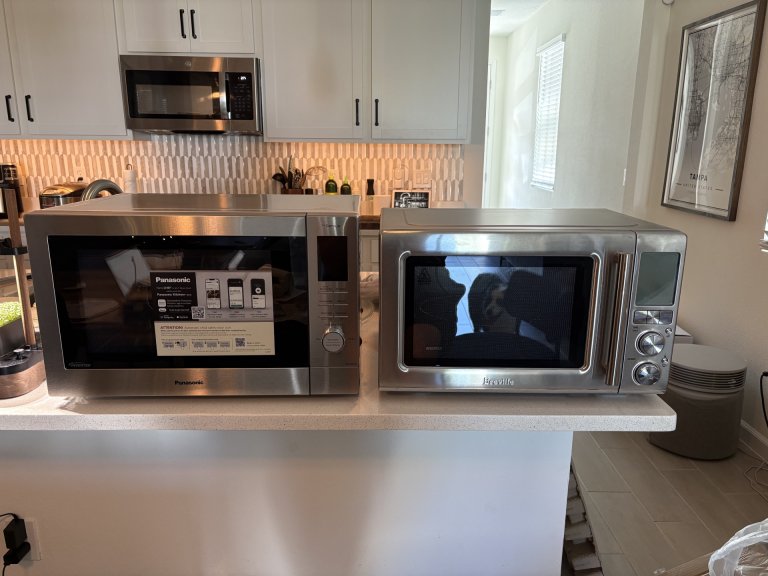
The best microwave convection ovens pull double duty, offering standard microwave features while allowing home chefs to bake cookies, roast meats, and cook a variety of other foods.
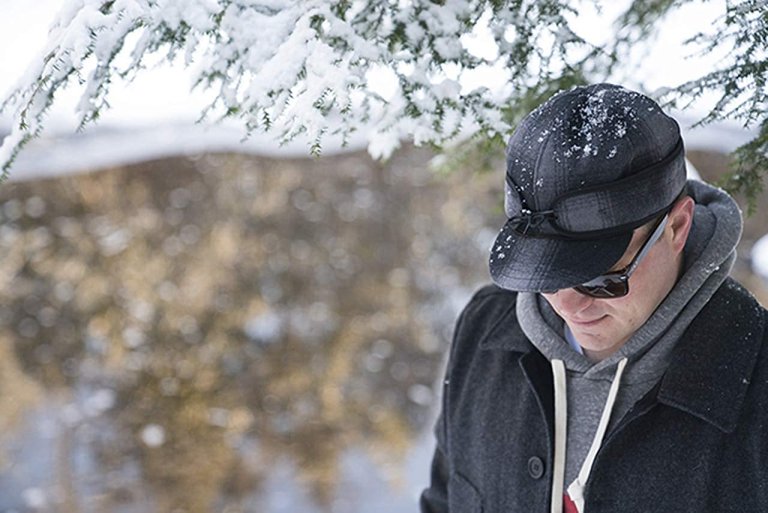
Stay warm and toasty—and look good doing it—with the perfect winter hat.
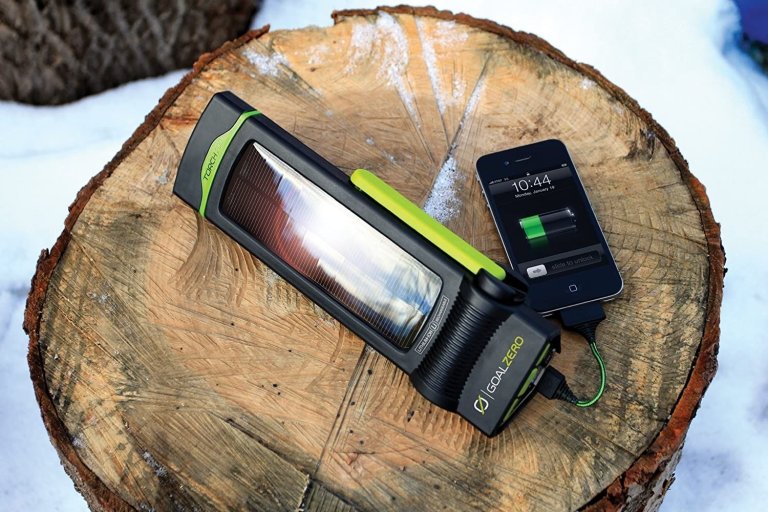
Keep your family safe in an emergency situation with a hand-crank flashlight that provides light without requiring batteries, solar panels, or electricity.

Amazon's after-Christmas deals continue to shine with top power stations and portable generators discounted up to 50% off.

Make cooking a cooler, cleaner experience by clearing the air in the kitchen with the best under-cabinet range hood.
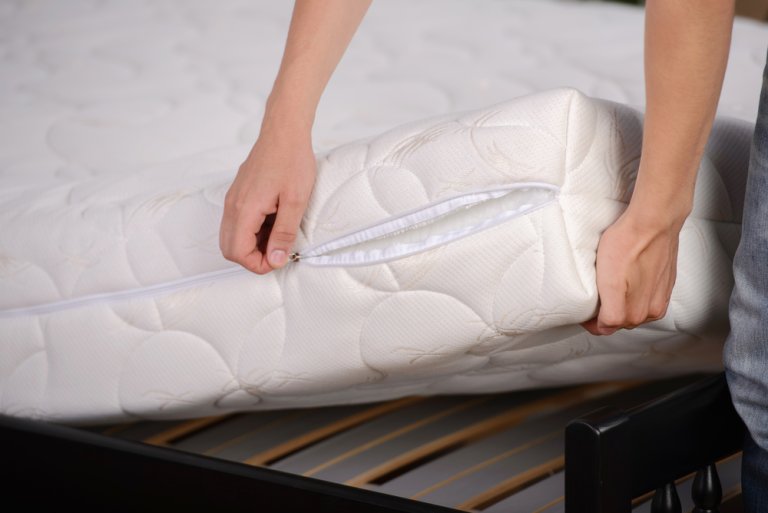
These top-quality pads offer a bit of extra cushioning and support while protecting your mattress.

Keep your tools in pristine condition with these helpful products.
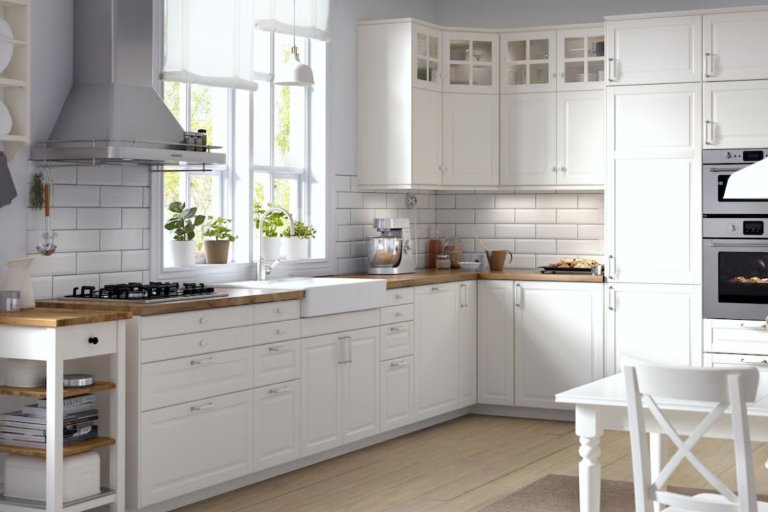
Smart, affordable kitchen essentials that make everyday cooking, cleaning, and storage easier.